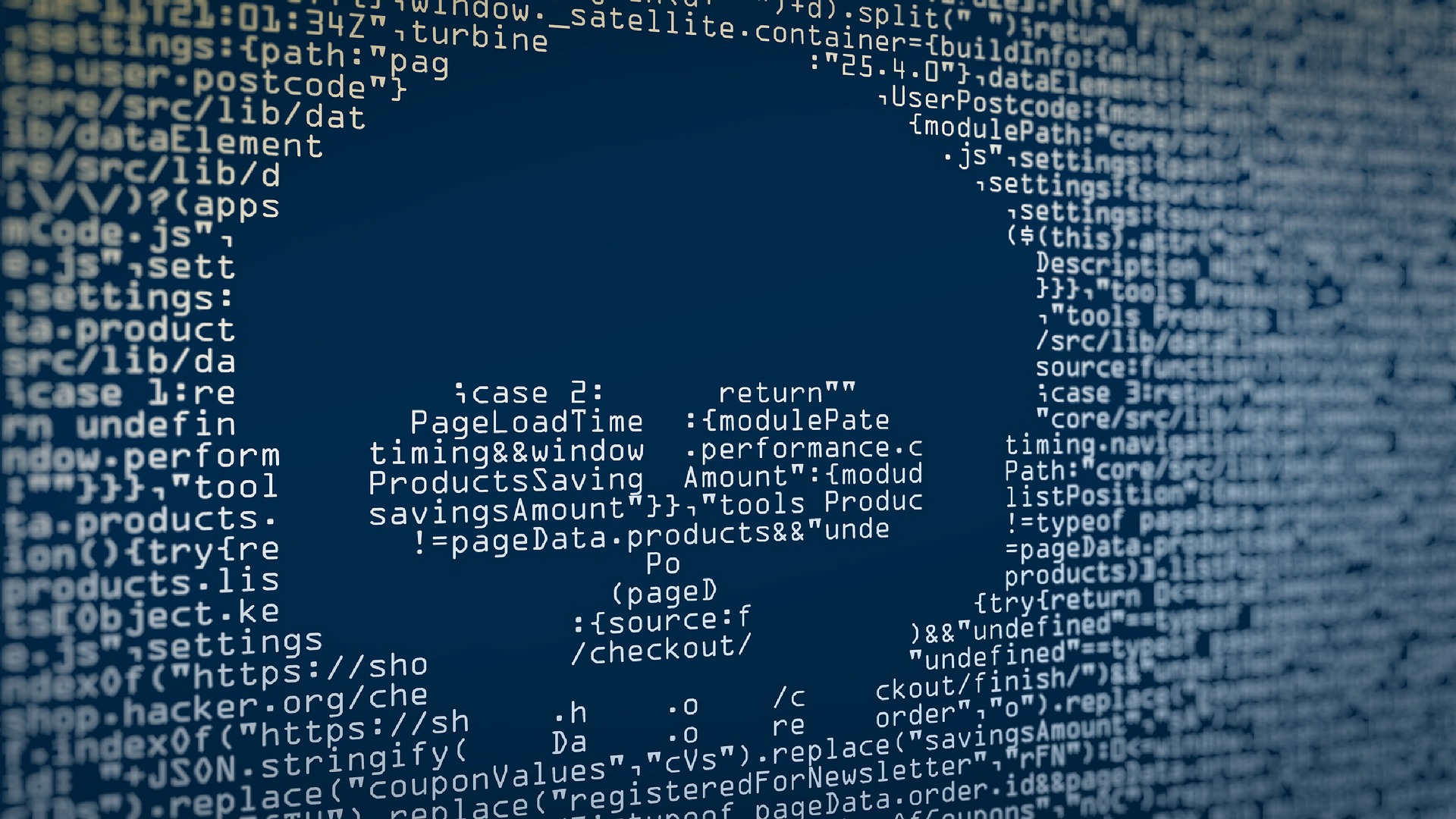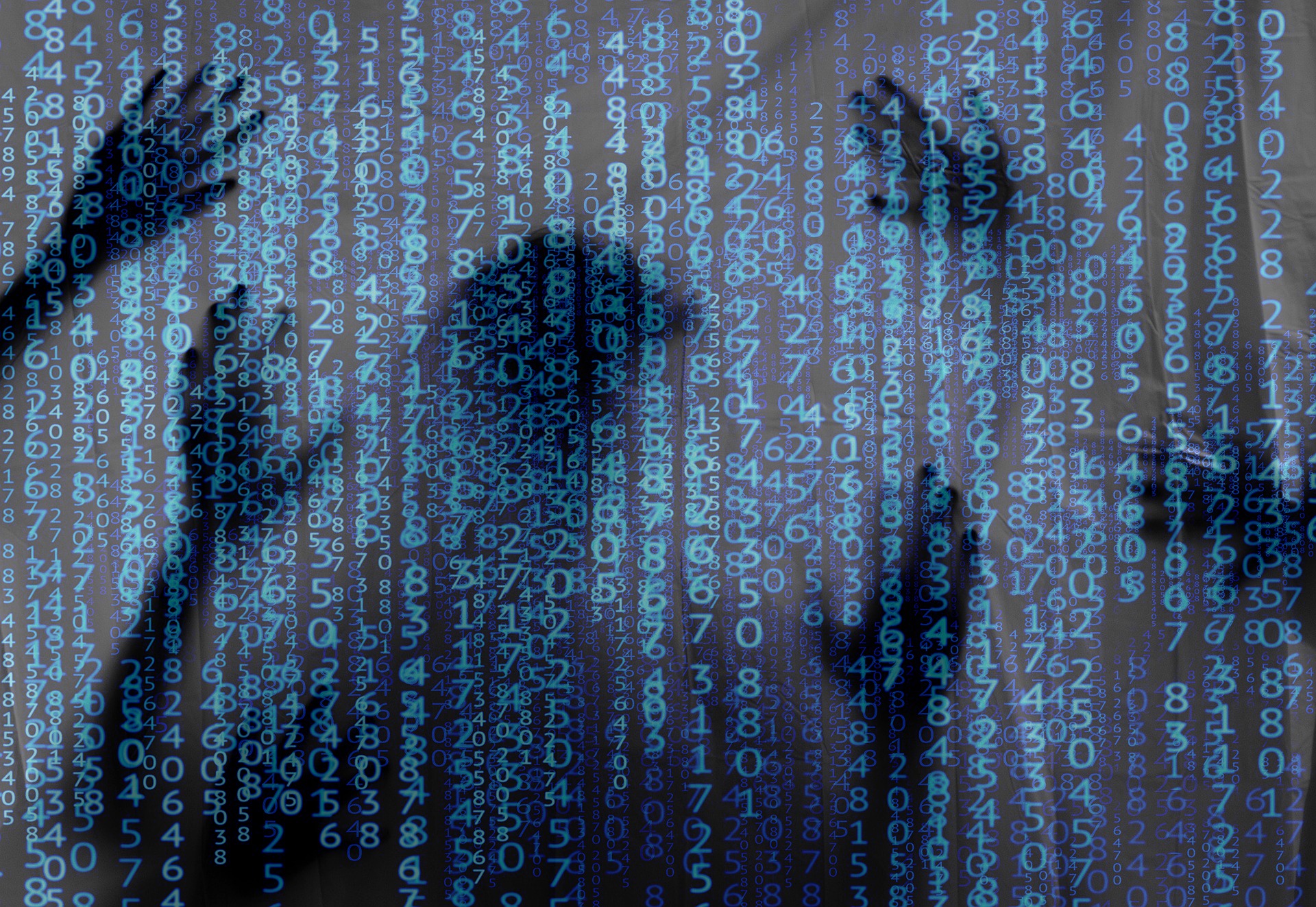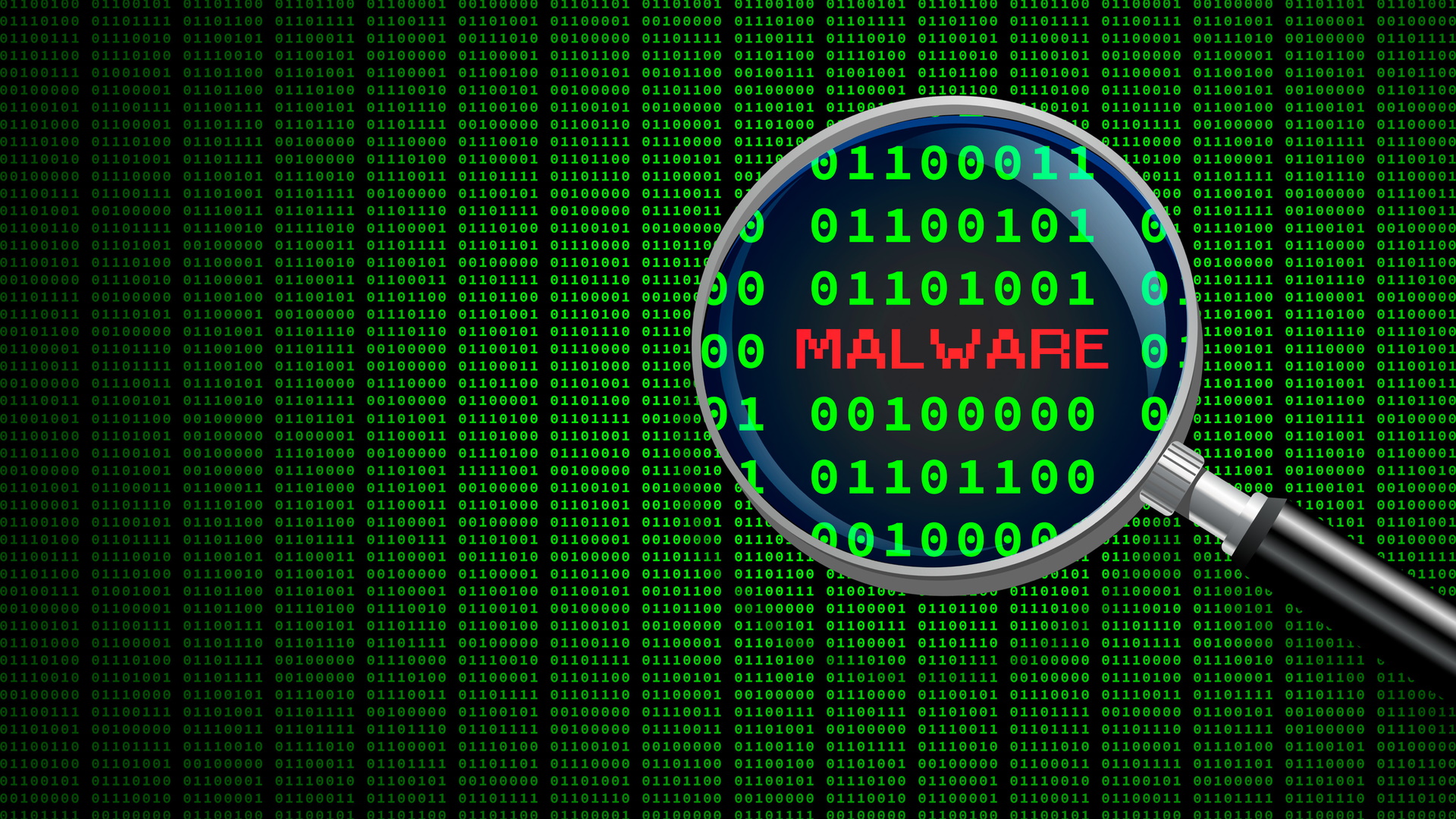What is a potentially unwanted program (PUP) and how to avoid them
You should avoid these types of files on your Windows machine or Mac

The internet makes it possible for everyone worldwide to connect to perform countless tasks, professional and otherwise. Unfortunately, it’s also a playground for folks who want to perform unethical or illegal activities. Some of the bad stuff that happens online can get tied back to potentially unwanted programs or PUPs. These downloaded files can wreak havoc on a computer and cause different levels of damage. Familiar PUPs include spyware, adware, and more.
Here’s more about PUPs, what they do, and how to avoid them.
A Techradar Choice for Best Identity Theft Protection Aura is an excellent choice thanks to its user friendly interface, antivirus service and detailed reporting dashboard. Save up to 50% with a special Techradar discount.
Potentially unwanted program (PUP): an introduction
Your computer can perform various tasks on a digital island, separated from everyone else, such as word processing, video editing, game playing, etc. Add an internet connection, and there’s much more you can do with that computer, like sending and receiving emails and messages, visiting websites and social networks, making purchases, streaming entertainment, and much more. Along the way, you might find yourself accidentally downloading files such as spyware and adware.
These PUPs often get bundled into free software that looks legitimate and typically arrives by email, messages, and internet downloads. Unfortunately, while some PUPs cause little more than annoyances, others can cause significant damage and security risks.
You should also take a look at the best antivirus programs and best malware removal tools.

What PUPs can do
From a technical standpoint, a PUP can do any number of the following:
- Introduce continuous ads on the desktop through popup windows, add unnecessary toolbars on web browsers, and redirect search results. The result is an overload of advertisements.
- Slow down system resources, so the computer grinds to a halt. As a result, transactions across multiple apps, websites, and computer processes slow down considerably.
- Collects user information by recording keystrokes unknowingly by the user. For example, PUPs can grab credit card information and other user data through keystrokes.
- Make it difficult to uninstall. PUPs want to stay on the host computer and are designed in a way where removal is nearly impossible without a third-party tool.

Types of PUPs
There are three main types of PUPs: spyware, adware, and browser exploiters.
Sign up to the TechRadar Pro newsletter to get all the top news, opinion, features and guidance your business needs to succeed!
In many respects, adware is the most innocent type of PUPs since its purpose is to flood a computer with advertising through pop-ups or bars. Yes, the advertising is annoying. However, things can get more dangerous if the end-user clicks on the ads. These clicks can open websites, install additional PUPs, or convince you to make purchases for goods that will never get delivered because the ad was bogus.
Spyware, by contrast, works behind the scenes to steal personal information and grab browsing history from the computer. This content is very valuable to advertisers and hackers alike.
With browser exploits, malicious software gets installed to change web browser settings. For example, the exploit can change search settings, add unnecessary toolbars, install nefarious extensions, etc.
Avoiding PUPs
You can eliminate the risk of installing a PUP by taking some relatively easy steps and following a few simple rules.
- Understand that not all PUPs are illegal. However, they can be unethical since some companies aren’t exactly straightforward about adding them to legitimate software downloads. Therefore, it’s advised you read the software’s end-user licensing agreement before performing a download. It’s here where legitimate companies will state their intentions.
- Watch where you download files. Avoid visiting unknown websites for downloads and also shop around. If an obscure website offers a software title for free or at a price much lower than others, it could simply be a PUP that should be avoided.
- When installing software, don’t select the default location. Instead, during setup, choose a custom location for the installed files. Doing so makes it less likely an installed PUP can cause any problems.
- Install anti-malware tools on your computers, such as those offered by Avast, Malwarebytes, Trend Micro, and others.
- Look around. Have others online had trouble downloading software online? Is there any mention of PUPs attached to legitimate software titles?
Removing PUPs
PUPs are tough to remove once installed. Luckily, you probably aren’t the first to download one of these pesky files. Therefore, a removal solution is almost certainly available for download for Windows and Mac. To get started, search online, then visit one of the listed company websites are removal instructions. Even if you don’t subscribe to an anti-malware program, the removal tool should be available for download for free.
Moving forward, it’s essential to purchase a subscription to one of the best anti-malware programs on the market so this type of problem doesn’t occur again. There are paid and free options available, with many of the paid versions coming with a free limited-time offer.

The key difference between PUPs and malware
Potentially unwanted programs (PUPs) are those an end-user downloads accidentally or otherwise. Malware, by contrast, gets installed on a computer behind the scene without user input. Despite the name differences, PUPs and malware are often the same regarding what they can do and the damage they can inflict.
Common PUPs examples
Over the years, there have been various PUPs released into the wild with names like Clickware, Superfish, and JollyWallet. Additionally, legitimate programs like GIMP and the VLC media player have been hit by PUPs. When in doubt, contact the developer before downloading any software.
Bryan M. Wolfe is a staff writer at TechRadar, iMore, and wherever Future can use him. Though his passion is Apple-based products, he doesn't have a problem using Windows and Android. Bryan's a single father of a 15-year-old daughter and a puppy, Isabelle. Thanks for reading!

